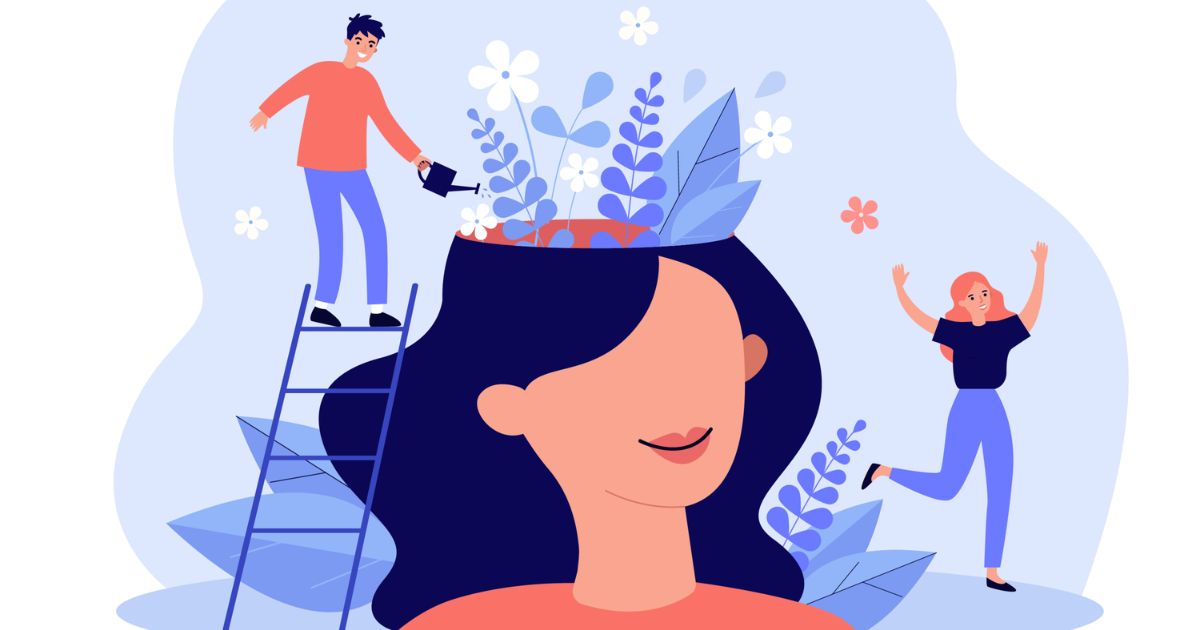Scientific Models vs. Individualized Therapy: The Absurdity of Diagnosis
In a recent study, the underlying absurdity of the Diagnostic and Statistical Manual of Mental Disorders (DSM) has been brought to light.
Rather than treating individuals, this widely used classification system instructs therapists to focus on categorizing “disorders.”
Researchers calculated an astonishing paradigm shift in mental health: there exist 10,130,814 unique ways to diagnose a mental illness using current DSM criteria.
When additional “specifiers” are factored in, this number skyrockets to 161 septillion distinct diagnostic presentations.
Shockingly, despite this staggering array of combinations, not a single latent disease has been uncovered in the decades spent sifting through these permutations.
DSM’s Failure: Zero Discoveries of Underlying Mental Diseases
Despite its purpose of identifying underlying diseases, the DSM has failed to unveil any such discoveries.
The work group behind the latest edition of the DSM explicitly stated that the system does not claim to offer utility in guiding professionals to more effective outcomes.
Instead, it remains an empty ritual lacking in guidance for practitioners seeking improved client results.
Scientific Approach Meets Personalized Care: The Paradigm Shift in Mental Health
Amidst this backdrop, a paradigm shift in mental health care is underway, advocating for a departure from standardized diagnoses towards a more personalized, scientific approach.
This approach, termed idionomic statistical modeling, aligns with therapists’ natural intuition in viewing individuals as evolving wholes over time.
It emphasizes gathering diverse, relevant information, recognizing patterns, and leveraging strengths to address key obstacles hindering progress.
Empowering Therapists through Applied Science
Modern technological advancements don’t seek to replace caring professionals; instead, they strive to empower them.
A culmination of these innovations has led to the ongoing development of a new app, a project that has been in progress for three years.
This pioneering technology holds the potential to transform the mental health care landscape by allowing therapists to monitor the biopsychosocial processes of their clients in real-time.
Consequently, this capability assists therapists in making highly informed, personalized decisions tailored to individual needs.
Personalized Insights: The Key to Effective Change
The crux of effective therapy lies not merely in dispensing advice but in keen observation, attentive listening, and comprehensive comprehension.
Traditionally, therapists relied on intuitive data tracking, experience, and adept application of principles.
However, recent advancements facilitate the monitoring of change processes more efficiently and evaluate them with scientific rigor, thereby lightening the therapists’ burden.
Revolutionizing Mental Health Care: The Role of Technology
The prospect of a groundbreaking change in mental health care looms large, as technology evolves to track clients’ bio-psychosocial processes and link them to desired outcomes.
Through applied science, therapists can guide clients in making tailored, effective changes unlike ever before, marking a potential turning point in mental health treatment strategies.
Embracing Data Science for Personalized Empowerment
During moments of therapeutic impasse, embracing data-driven insights becomes pivotal.
Understanding the intricate interplay of factors that contribute to the client’s situation unlocks new possibilities for intervention.
By leveraging data science to identify critical factors, comprehend their relationships, and suggest personalized empowerment strategies, therapists can navigate challenges with newfound clarity and effectiveness.
A New Era in Mental Health Care
As mental health care undergoes a seismic shift, propelled by technological innovations and a reorientation towards personalized, data-informed approaches, therapists find themselves on the cusp of a transformative era.
By embracing these advancements and utilizing them to comprehend and address individual client needs more profoundly, therapists are poised to redefine and elevate the efficacy of mental health care delivery.
This impending revolution signifies a departure from the limitations of standardized diagnoses, heralding a future where therapeutic interventions are tailored, precise, and profoundly impactful, ultimately reshaping the landscape of mental health care provision.










